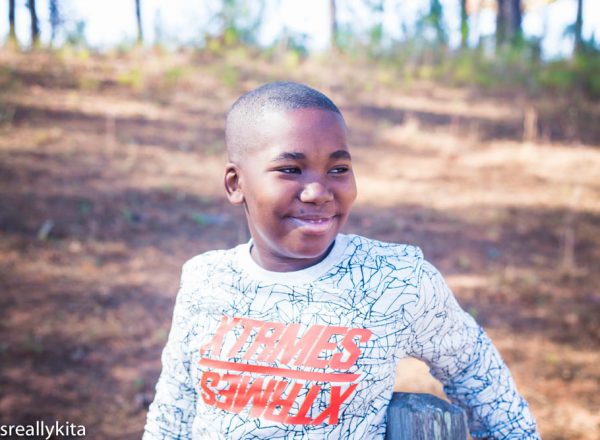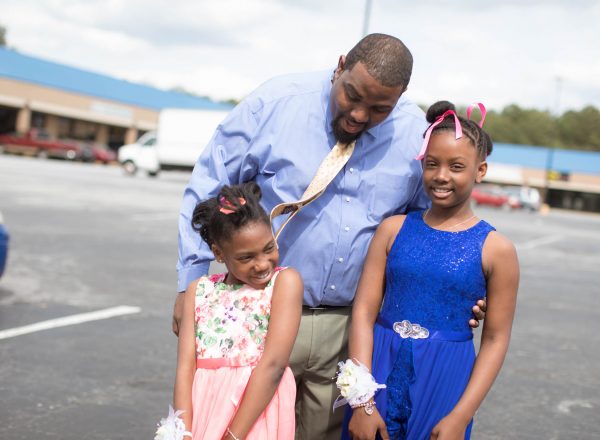Educating young Black boys on the pitfalls of racism can be tasking. Parents to Black sons are often faced with the reality that young Black boys don’t have the benefit of just being children. They will be judged far harsher for doing things that “boys” do and they will be punished far harsher for mistakes made by their white male counterparts. I want to give you some tools on how I am Educating our black boys on racism and advocating for their safety.
Educating our black boys on racism and advocating for their safety
Racism and systemic oppression is something that Is, unfortunately, ingrained in the American culture. It’s for that reason that it is important for parents of Black children, especially Black boys, to see to it that they have honest and candid conversations about racism and to create safe spaces for them to grow and become the best version of themselves. It is also important for them to be aware of the racism and injustice they may face in the world in order to be prepared and best navigate these potentially dangerous circumstances.
Talking about racism
It may be an uncomfortable conversation to have, but sit your children down and be as honest and transparent about racism as possible.
Thankfully there are programs that you and your children, especially your Black sons, can watch to learn more about the topic.
PBS has done a wonderful job of creating videos, tips, and programming just for this topic. Visit PBS: Parents “Talking About Racism” to learn more.
And books like ‘Why Are All the Black Kids Sitting Together in the Cafeteria: And Other Conversations About Race,’ by Dr. Beverly Daniel Tatum may also be a tremendous help in tackling the subject and talking to your children.
The misdiagnosis of Black children
I will use one example to best explain how systemic racism works and how it can shape our children and their realities at an early age. The misdiagnosis of Black children, in having behavior and cognitive challenges, is an example of systemic oppression and racism in schools.
There are stories in droves, all over the country, of white teachers and predominantly white school administrators forcing medication on Black children when they are not understood.
When you are Black and you have cultural differences that may be looked down upon, institutions that are predominantly white, like educational ones, can misinterpret what may actually be a cultural norm.
Parents are then advised to put their children on medications meant for those with actual behavioral and cognitive challenges.
I beg you, do not let anyone do this, without getting a second or third opinion. It’s important that you ensure your child is not being misdiagnosed.
Time and time again it’s been shown that when a dominant race or culture doesn’t understand another, misconceptions are often formed based on ignorance.
When a child is misdiagnosed and placed on medication, these drugs can then, in fact, change the mood and behavior of young children. Children can then become dependent and face challenges moving forward. This type of treatment and misdiagnosis of Black boys and children is a prime example of systemic oppression because of racism. This type of behavior also sets the child up for failure and a feeling of not belonging. Feeling inadequate or open wounds and insecurities that can have lifetime trauma.

Fighting systemic oppression
One of the best things you can do for your children is to be involved and present at their schools, organizations and institutions where they are forced to navigate in predominantly white spaces.
- Have open communication at all times. Ask questions, engage in a conversation where they feel safe in coming to you should they have challenges.
- Make yourself known to all faculty members. Be engaging. Ensure they are involved in extracurricular activities that you’re also engaged in. Show up at sporting events and activities where your presence and support can be felt.
- Always advocate for your children, even in their toughest times when they may not be getting it right. But in a world where Black boys are demonized and not believed or advocated for, we need to do that for them.
- Build a diverse community around your child. Ensure that you have allies that are able to speak on the behalf of your child, understand their needs, and will also advocate for them in your absence.



No Comments